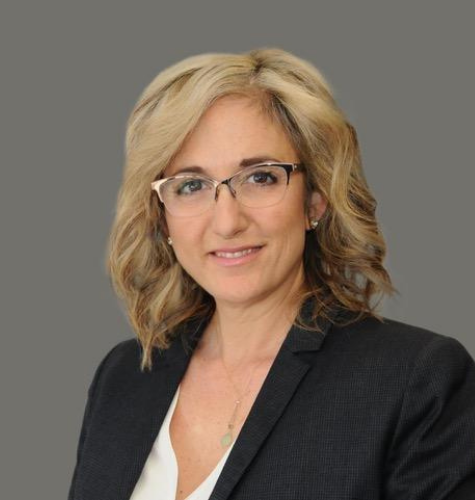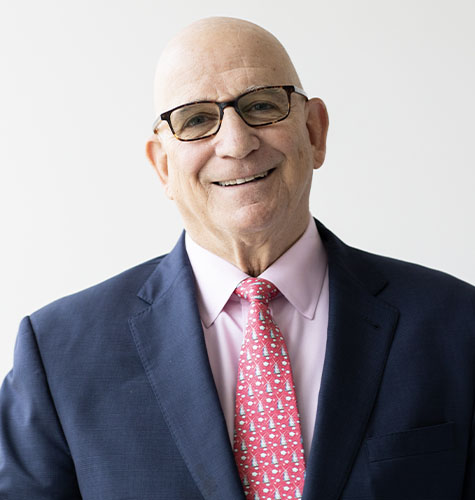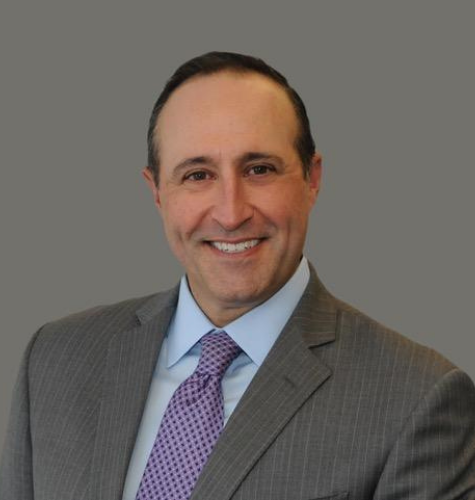Contact:
Alison Arden Besunder
212-695-8100, ext. 289
[email protected]
Why Do a Trust?
A few musings on how a trust can be helpful for a certain type of individual who is looking to minimize risk.
While you can’t eliminate risk entirely, you can use estate planning techniques to minimize the risk or impact to your assets or the assets you intend to pass down to your children. For most every client, they have a “number” — an amount of money they would need to reach to feel comfortable. The number is a personal thing. I heard someone say once: “You’re nobody until someone sues you.” It’s funny but also sadly true. Whether you have $500,000 or $5 million, your hard-earned money is worthy of protection from creditors and predators.
Trusts can be structured to allow you to enjoy your assets while protecting them from potential future creditors. Who would those creditors be? Maybe your 16-year old takes the family car out and gets into a car accident. The damages to the other passengers exceed your automobile and home owner’s insurance policies. Or maybe you didn’t have an umbrella policy. If they succeed at trial, any assets held in your individual name (as opposed to a trust) are subject to collection on that judgment. That usually means your house and any investment accounts.
A trust can also protect assets from predators. Who would “predators” be? Maybe that same (or a different) 16-year old calls you from Thailand and says she’s getting married to someone she’s just met. Assets in trust for her, or assets structured to be left to her in trust, give added protection that those assets will not become “marital property” and subject to distribution to the new son-in-law (or future son-outlaw) if and when they get divorced. These are just some of the benefits that can warrant setting up a trust.
Goetz Fitzpatrick has been practicing law throughout the New York Metropolitan area and The Hamptons, since 1967. The firm has deep expertise in Construction and Real Estate, as well as Corporate, Bankruptcy, Trust & Estates and Labor & Employment. The firm’s office is located at One Penn Plaza, Suite 3100, New York, NY 10119, Telephone 212 695 8100.







